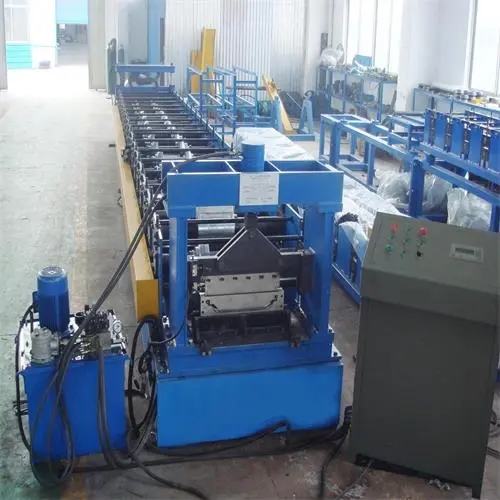
The Importance of Roof Metal Machines in Modern Construction
In the ever-evolving landscape of modern construction, efficiency, durability, and aesthetic appeal are paramount. Among the various tools and technologies that facilitate these goals, roof metal machines have emerged as indispensable assets in the building industry. These machines, which are designed specifically for the fabrication and installation of metal roofing systems, play a crucial role in ensuring that structures not only meet but exceed architectural standards.
Understanding Roof Metal Machines
Roof metal machines encompass a variety of equipment used to produce metal roofing panels, flashings, and trim components. These machines can range from simple hand-powered tools to advanced computerized systems capable of delivering precision-engineered products at high volumes. Commonly used in conjunction with materials such as steel, aluminum, and copper, roof metal machines can manufacture panels in various styles, including standing seam, corrugated, and shingles, catering to diverse architectural preferences and climatic conditions.
Efficiency and Cost-Effectiveness
One of the primary advantages of using roof metal machines is the efficiency they bring to the construction process. Traditional roofing methods often involve time-consuming manual labor, leading to increased costs and labor issues. In contrast, modern roof metal machines streamline production by automating many of these tasks. For instance, roll-forming machines can produce long strips of metal roofing quickly, reducing waste and labor costs significantly. This efficiency not only accelerates project timelines but also allows contractors to take on more jobs, increasing their profitability.
Quality and Durability

In addition to improving efficiency, roof metal machines ensure a higher quality product. These machines can be calibrated to produce panels that meet stringent specifications and tolerances, which is especially important for roofing that must withstand harsh weather conditions. Metal roofs are known for their longevity, often lasting 40 years or more with minimal maintenance, providing homeowners with reassurance and value for their investment. The quality control measures afforded by mechanical production also lead to fewer defects and greater consistency in each batch of roofing materials.
Environmental Considerations
With growing awareness of environmental issues, the construction industry is increasingly focused on sustainable practices. Metal roofing is inherently a green choice, as it is often made from recycled materials and can itself be recycled at the end of its life cycle. Roof metal machines contribute to this sustainability by minimizing waste during production and ensuring precision fitting, which lowers energy consumption during installation and reduces the likelihood of leaks that could lead to damage and waste over time.
Future Trends
The future of roof metal machines is set to be defined by technological advancements. Innovations such as computer-aided design (CAD) software and artificial intelligence (AI) integration are enhancing the capabilities of these machines, allowing for even more sophisticated and customized roofing solutions. Additionally, as the industry moves towards automation and smart technologies, roof metal machines will likely become more versatile, adapting to changing market demands and preferences.
Conclusion
The role of roof metal machines in the construction industry cannot be overstated. They not only enhance efficiency and reduce costs but also contribute to the production of high-quality, sustainable roofing solutions. As the construction landscape continues to change, embracing these advanced technologies will be crucial for builders looking to remain competitive. Ultimately, the integration of roof metal machines signifies a commitment to innovation, quality, and sustainability—key elements for success in today's construction market.